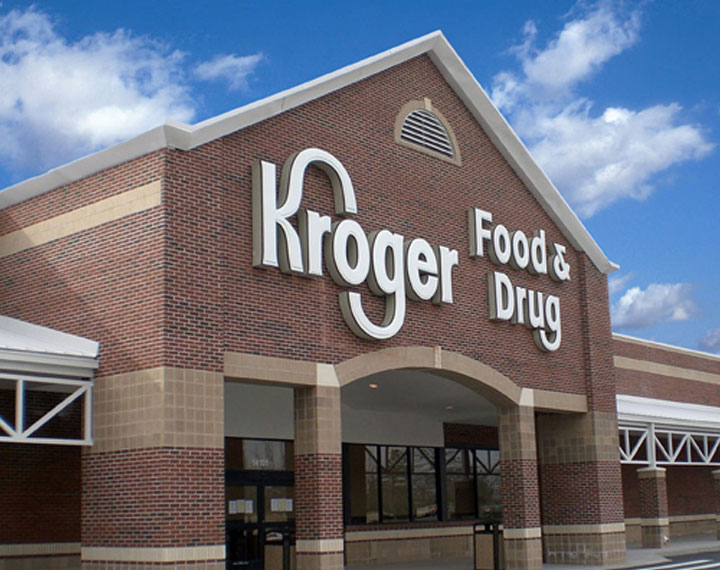Cincinnati-based Kroger Co. will likely face market-by-market scrutiny from federal regulators in its proposed merger with Boise-based Albertsons Cos., as the two companies have significant overlap and would gain considerable clout in the market.
Vermont Sen. Bernie Sanders has already called on President Biden’s administration to block the merger, citing the potential for price increases.
“At a time when food prices are soaring as a result of corporate greed, it would be an absolute disaster to allow Kroger, the 2nd largest grocery store in America, to merge with Albertsons, the 4th largest grocery store in America,” he said in a post on Twitter. “The Biden Administration must reject this deal.”
Regulators would be looking closely at the history of other recent mergers, including the 2015 merger of Albertsons and Safeway, according to a New York Times report. That report noted that although Albertsons and Safeway agreed to sell more than 100 stores to Haggen, they ended up buying 33 of those locations back after Haggen filed for bankruptcy, blaming Albertsons.
Some reports indicated that Kroger and Albertsons would face especially close scrutiny in markets such as Chicago, where their Jewel-Osco and Mariano’s banner compete head-to-head, as well as in Las Vegas, Texas, and markets up and down the West Coast.
In Washington, for example, the two companies operate a combined 350 locations between Kroger’s QFC and Fred Meyer stores and the 217 Albertsons stores in the state, according to The Seattle Times.
“The area is kind of messy for them,” Arun Sundaram, an analyst at CFRA Research, told the newspaper.
The Federal Trade Commission or other regulators could block the merger altogether if they feel it reduces competition, or they could force the sale of stores in certain markets.
Kroger and Albertsons already said they would form a separate company that would operate stores they may want to spin-off, which could include up to 375 stores. According to some reports, the companies may be forced to spin off even more locations as regulators eye the potential reduction of competition in some markets.
Kroger, however, said it believes the merger will pass muster with regulators.
"We are confident from the extensive work that we've done that we believe we have a clear path to achieve regulatory approval with divestitures," Gary Millerchip, Kroger’s chief financial officer, said in a conference call on Friday, according to reports.
Meanwhile, the $24.6 billion merger would give Kroger a new presence in the Northeast with the purchase of the Shaw’s and Star Market banners in New England, and Acme and Safeway in the Mid-Atlantic.
The combined companies would operate 4,996 stores, 66 distribution centers, 52 manufacturing plants, 3,972 pharmacies and 2,015 fuel centers, and would have combined sales of about $200 billion. That would represent an increase of nearly 50 percent over Kroger’s 2021 sales of $138 billion.
Plans call for the merger to be finalized in early 2024.
The companies said they plan to leverage efficiencies from the merger to drive down shelf prices and invest in store-level enhancements. The companies said they expect to generate $1 billion in annual run-rate synergies during the first four years.
Kroger would also use its 84.51° database analysis division to drive more personalized offers across the companies’ combined customer base, they said.
The merger would also combine two of the nation’s most extensive private label programs, which together include about 34,000 products operating under several brands.
Related: Now Available: Selling to Specialty Food Stores Tip Sheet; Kroger to Host Private Label Innovation Summit
Image: Kroger

